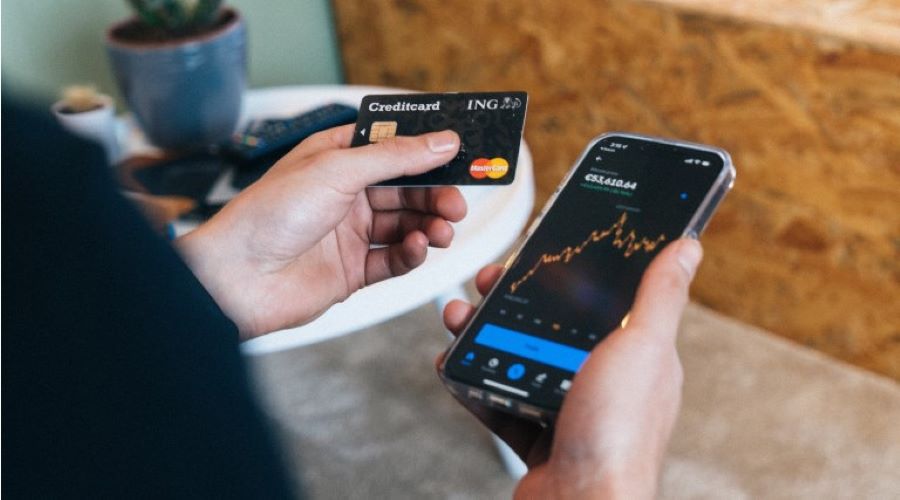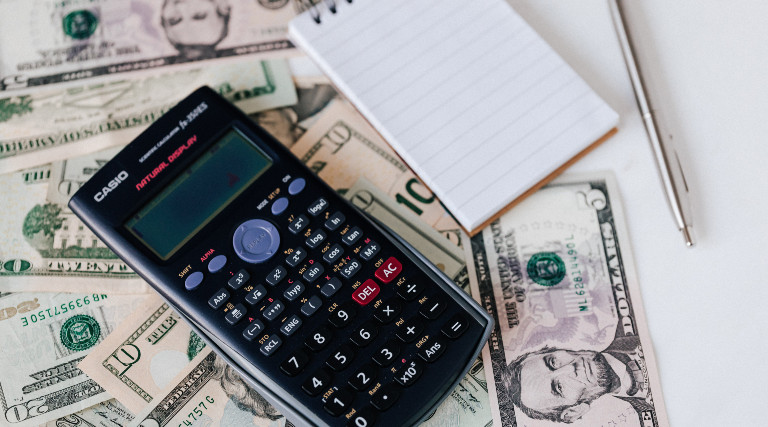Are you scratching your head over what to get for that special accountant in your life? Whether it’s a spouse, a close friend, or a cherished colleague, accountants require unique gifts. They love precision, have an eye for detail, and appreciate anything that makes their work easier or more interesting.
In this article, we’ll explore a wide range of gift ideas tailored to meet the nuanced tastes of accountants. From tech gadgets to comfort essentials, you’ll find something here to make your accountant’s day.
Why gifts matter

We often underestimate the power of a well-thought-out gift. Gifts are more than just objects. They are a token of appreciation, a way to say ‘thank you’. Or even a method to reinforce a strong personal or professional relationship. For accountants, who are often buried in spreadsheets and ledgers, working days can be full of routines. A thoughtful gift can bring a moment of unexpected joy in anyone’s life.
A good gift can be a conversation starter or a daily reminder of a cherished relationship. Accountants usually work in a professional setting. In a setting like that gifts can serve as motivational boosts or even stress busters. But if we are looking at the figures, they also show interesting numbers. The gift industry accounts for billions in retail sales each year, indicating just how much people are willing to spend to make others happy.
Where to start

Before you begin your quest for the perfect gift, think and consider. What your accountant enjoys outside of balancing books. Are they a coffee enthusiast? Do they love golf? Identifying these interests can be the first step in picking out a gift that they’ll love.
Once you have a rough idea of their preferences, you can begin your search in earnest. Start by asking friends or colleagues who share their interests for recommendations. Another great approach is to read online reviews or best-of lists in their area of interest. For example, if your accountant is into technology, websites that review the latest gadgets can be a treasure trove of ideas.
Criteria for the perfect gift

Accountants are known for their detail-oriented and analytical nature. So we can assume they appreciate gifts that are either highly functional or offer a touch of luxury. Functional gifts help them improve their efficiency or comfort. But luxurious gifts serve to offer a break from their highly structured world. The key is to strike the right balance between practicality and indulgence.
Here’s a detailed breakdown of some exact gift ideas in different categories:
Functional gifts
- High-quality calculator: TI-84 Plus or a financial calculator like HP 12C are good choices. They offer enhanced functionality and can make number-crunching more efficient.
- Accounting software subscription: A year-long subscription to software like QuickBooks or FreshBooks can be an invaluable resource.
- Ergonomic office supplies: Consider an ergonomic mouse, keyboard, or even a sit-stand desk converter for their workspace.
Luxury gifts
- Elegant wristwatch: A timepiece from a reputable brand like Rolex or Tag Heuer would be a cherished gift.
- Fountain pen: Brands like Montblanc or Pelikan offer high-quality fountain pens that not only write beautifully but are also a status symbol.
- Weekend getaway: A weekend at a luxury resort can provide a much-needed break from work.
The perfect blend
- Premium-quality leather briefcase: Think brands like Saddleback or Tumi for a briefcase that is both functional and stylish.
- High-end laptop: A MacBook Pro or a Microsoft Surface Laptop could serve both as a work tool and a luxury item.
- Coffee machine: A high-end coffee machine like a Nespresso or a Keurig can add a touch of luxury to everyday coffee breaks while being functional.
For more diverse options catering to specific tastes, be sure to check out our article on gifts for colleagues. There we delve into the art of gift-giving in a professional setting.
By considering these ideas, you can tailor your gift to meet the specific needs and tastes of your accountant. No matter if it’s a tool that will find daily use or a luxurious item for special occasions. The key is to match the gift with the personality and lifestyle of the recipient.
Work-from-home essentials
The work-from-home trend is not just a passing fad but a new norm for many accountants. This opens up an entirely new category of gifts aimed at making the home office a more productive and comfortable space. It can be a completely new challenge to find the best work from home gift.
From ergonomic chairs to high-definition webcams for virtual meetings, the options are endless. Noise-canceling headphones are another excellent choice, especially for those who live in bustling households.
Thoughtfulness is the best policy
Finding the perfect gift for an accountant may require a bit of legwork. The effort is well worth it because nothing matches the happy smile of a receiver. Remember, it’s not just about the monetary value or luxury quotient of the gift. It’s the thoughtfulness behind it that counts the most. So the next time you’re looking for a way to make the day of the person who keeps your finances in check, just refer back to this guide. Your accounting genius will surely appreciate it.
Check out our employees category for more useful articles.
Merry Christmas!

Sveiki,
Grāmatvedība un tā pasaule ir tik apjomīga, ka mācīties var visu mūžu. Tā regulāri mainās un jāturpina mainīties līdzi laikam. Zināt visu nav iespējams, bet saprast procesu ir pavisam kas cits.




